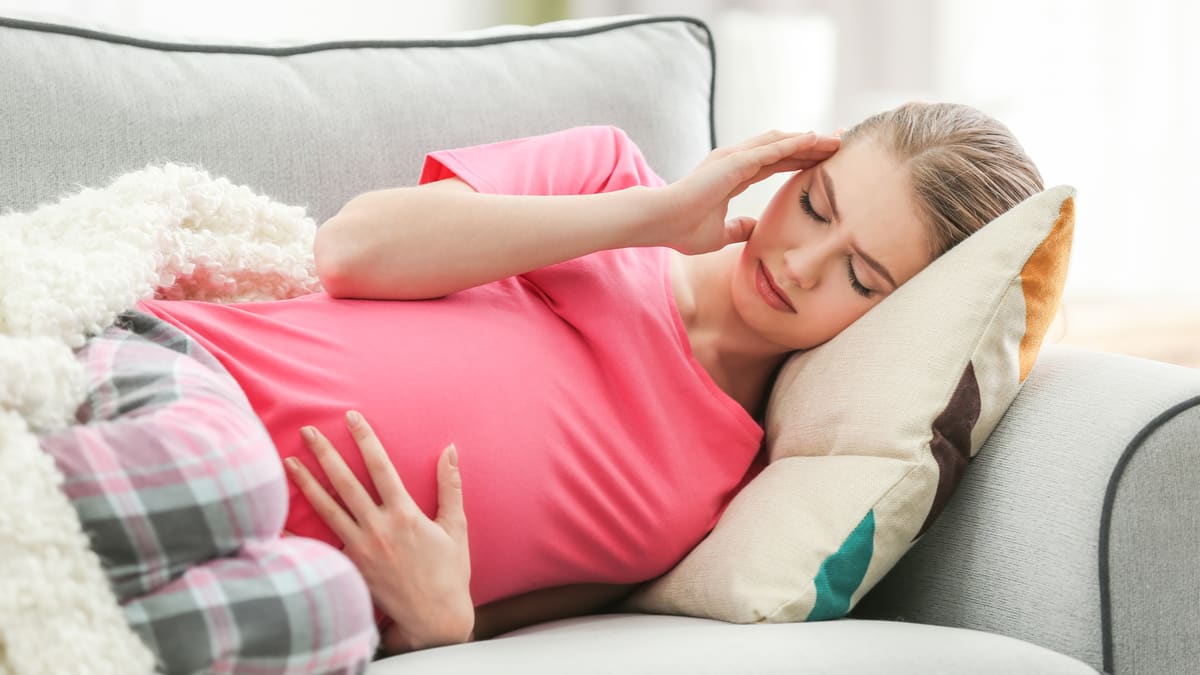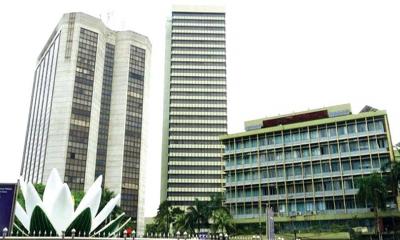Headaches are common during pregnancy. The increased sinus congestion, interrupted sleep and dehydration are some additional risk factors for headaches in pregnant women.
In most cases, pregnancy headaches are harmless. But headaches that happen suddenly and start during the second half of the pregnancy, can be a sign of preeclampsia, which is a dangerous condition requiring medical intervention.
What is preeclampsia?
Preeclampsia is a pregnancy-related complication, which can lead to high blood pressure and damage organs in severe cases. It usually begins after 20 weeks of pregnancy.
If left untreated, it can lead to serious and even fatal complications. The most effective treatment is the delivery of the baby, which can also be a problem if preeclampsia happens too soon during pregnancy. This is because the baby needs time to mature.
What causes pregnancy headaches?
Pregnancy headaches are more frequent around nine weeks when the blood volume and hormones increase. But headaches can start anytime during pregnancy. The headache might feel like one you never experienced before.
The headache might happen only on one side of the head, the sinuses or on both sides.
Sinus pressure
Increased blood volume during pregnancy can increase the pressure on the sinuses, leading to a sinus headache.
Sleep interruptions
Not getting enough sleep increases your chances of getting a headache.
Dehydration
Pregnancy-related nausea can keep people from drinking enough water, increasing the risk of dehydration related headaches.
Hunger
As you consume more calories, you may experience bouts of hunger and low blood sugar that can trigger headaches.
Hormonal fluctuations
Hormonal fluctuations can trigger migraine pain during pregnancy.
Tension
Weight gain and body changes increase the pressure on the shoulder and neck, leading to tension headaches.
Caffeine withdrawal
Many women give up caffeine completely during pregnancy, which can lead to withdrawal symptoms like headaches and fatigue.
High blood pressure
High blood pressure related to preeclampsia can cause headaches too, mostly after 22 weeks. If you experience a sudden headache, which is something you have never experienced before, check with your doctor immediately.
How to get relief from a headache
First, try to identify the cause of your headache. It might take a bit of trial and error when it comes to finding out what works for you.
Drink water
Whenever you feel a headache, have a tall glass of water. This can give you relief from headaches caused by dehydration.
Rest in a dark and quiet room
Resting can reduce tension and interrupt headaches. While resting, avoid looking at any screen.
Tylenol and other medication
Pregnant women can't take NSAID pain relievers. But Tylenol is a perfectly safe medicine to be taken during pregnancy for headaches.
Hot and cold compress
Heat and cold both can relax muscles in the head and neck. Try with what you feel will be more effective for you.
Scalp and neck massage
Massage can help relieve pain from a tension headache, improve blood circulation and boost relaxation.
When to meet your doctor
During the third trimester, the risk of preeclampsia rises. If you experience vision changes or see spots, call your doctors immediately as it can be a sign of preeclampsia.
Along with a blood pressure check, a urine test may also be done to find out. If you do not have preeclampsia, your headache does not respond to Tylenol, talk with your doctor.






































